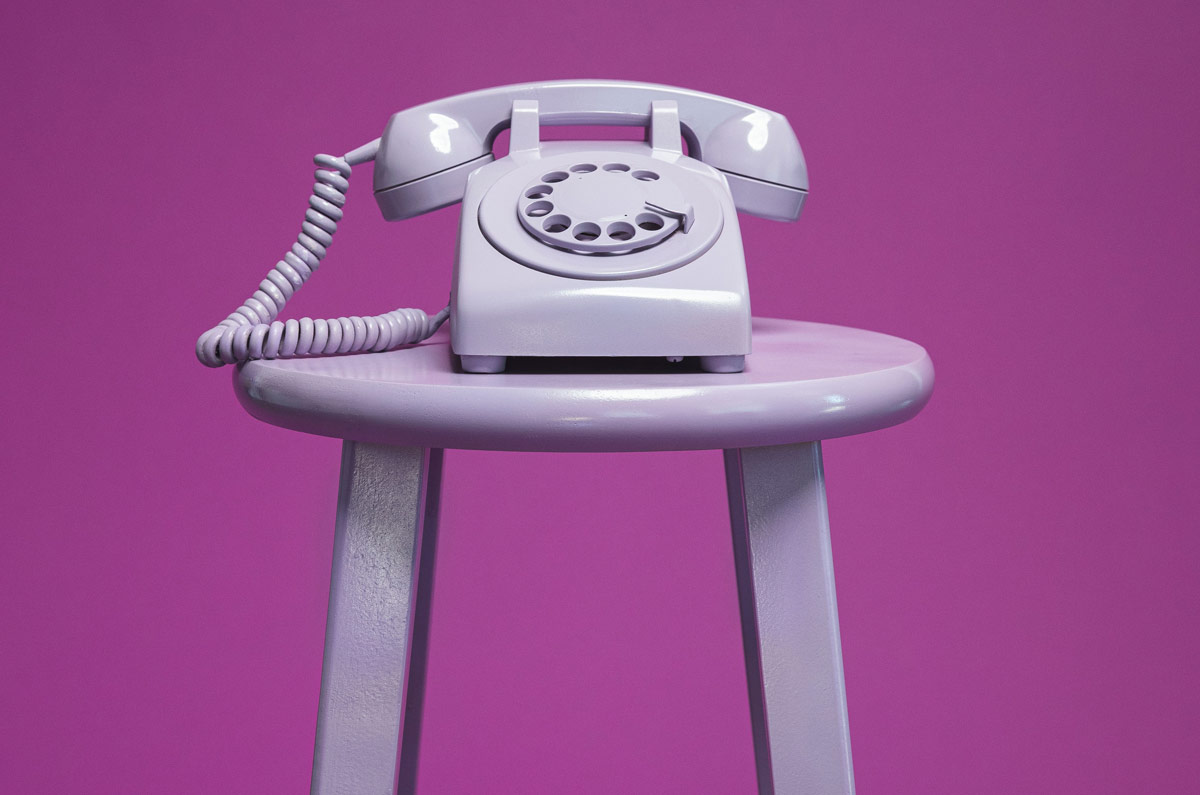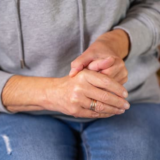Updated July 2022
Feeling overwhelmed, exhausted, stressed and frustrated by 2022? You’re not alone! It’s been a bumpy ride. Filled with uncertainty, new pressures, lots of unknowns and a lack of control, many of us are feeling anxious, upset and vulnerable. When you have a musculoskeletal condition and live with regular pain and fatigue, the urge to retreat to your warm, cosy bed and pull the covers over your head can be very tempting.
But you’re strong. You can take control of the situation and do something proactive by examining your self-care plan. Ask yourself – “is my plan realistic now? Or does it need updating in light of the changes to my world?”
What is self-care?
Self-care is a popular term these days, with lots of different definitions and uses.
The World Health Organisation defines self-care as “the ability of individuals, families and communities to promote health, prevent disease, maintain health, and cope with illness and disability with or without the support of a health worker” (1).
That’s a rather dry definition, so for the everyday person with a musculoskeletal condition, we describe self-care as the things you consciously and deliberately do to take care of your physical, mental and emotional health and wellbeing.
It includes everything from exercising regularly and staying active, eating a healthy diet, getting a good night’s sleep, caring for your mental health, managing pain and fatigue, seeing your healthcare team regularly, learning about your musculoskeletal condition, and staying connected with family and friends. It also involves things like good hygiene, avoiding risky behaviours and actions, and using medicines and treatments appropriately.
So to create a self-care plan for yourself that’s realistic and achievable, let’s get real, start small and appreciate the things you can do right now.
Get some sleep
Easier said than done I hear you say! But getting good quality sleep is crucial for our everyday functioning. If it’s an issue for you, especially at the moment, part of your 2022 self-care plan may be to look at ways you can improve your sleep quality and quantity. We have resources to help you – including nurses you can speak to on our Help Line (see details at bottom) and info on our website. Or if it’s a problem you feel you need extra help with, talk with your doctor (in person or via a telehealth consultation) to get professional help.
Eat a healthy, nutritious diet
While it’s tempting when you’re feeling crappy to eat foods you think of as comforting (e.g. chocolate, cheese, ice cream, biscuits, alcohol) you need to enjoy them in moderation. While they may make you happy for a while, it’s only temporary. Too much of a good thing can lead to weight gain and other health issues. Eating a variety of healthy foods, in a range of colours will make you feel better overall and will give you more energy. And on the days you’re feeling great, prepare some healthy meals you can pop in the freezer for the days you’re feeling lousy.
Stay active
Regular exercise has many health benefits for people with musculoskeletal conditions. It helps improve your symptoms, including pain, stiffness and fatigue.
When you exercise, your body releases chemicals such as endorphins, serotonin and dopamine into your bloodstream. They’re sometimes called ‘feel-good’ chemicals because they boost your mood and make you feel good. These chemicals also interact with receptors in your brain and ‘turn down the volume’ on your pain system.
Being active is also essential for your overall good health and wellbeing. It helps keep your muscles, bones and joints strong so that you can keep moving. It reduces your risk of developing other conditions such as heart disease, osteoporosis and diabetes. It boosts your mood, benefits your mental health, helps with weight control and improves sleep. If you’re not sure where to begin when it comes to starting an exercise program, talk with your doctor, physiotherapist or exercise physiologist for some advice.
Take care of your mental health
It’s really easy when you’re constantly surrounded by virus talk and the doom and gloom of the 24 hour news cycle to become overwhelmed. Especially if you’re also worried about your health, family, work and finances. And when you’re stressed and not looking after yourself properly, it can affect all aspects of your life including your family life, your ability to focus on work properly, sleep well, eat well…and so it becomes a vicious cycle.
The good news is there are lots of things you can do to look after your mental health during this time (read our blog for tips and strategies) including getting professional help if you need it. Again you can access the help you need in person or via a telehealth consultation. Talk with your doctor if you want more information about getting professional help.
But a really simple thing you can do immediately is to limit your exposure to the news – pick a time when you’ll catch up on what’s happening – for example the evening news or morning bulletin – and then turn it off and tune it out.
Cleaning – plan, prioritise and pace
Cleaning – yourself, your kids, your home can be an enormous challenge. Hands up if there are days you feel like you need a nap after having a shower in the morning? It happens to most of us living with chronic pain at one time or another. But the best thing you can do is to plan, prioritise and pace yourself.
Even before you get out of bed, while you’re lying in your warm, little cocoon, plan what you’d like to do during the day. Maybe have a notepad and pen beside your bed, or use a note app on your phone and write it all down. You can even do your planning the night before.
OK, seeing it in one place, you can see that it’s a lot 😕.
So now to the second P – prioritise. What are the things you really need to do? Do you really need to wash your hair today, or can you use the dry shampoo? Do you really need to vacuum the entire house, or just the living area? You know how you’re feeling on any given day – so plan, then prioritise.
Which then brings us to the 3rd P – pacing. Whatever you’re doing – cleaning, exercising, cooking, working, gardening, playing with the kids – pace yourself. It’s not a race – so be generous with your time and build in space for rest breaks.
And finally, when it comes to cleaning, don’t forget hand washing. We still need to do it regularly and thoroughly. We also need to be careful how we cough, sneeze and blow our noses. Check out our hygiene 101 blog for more info.
Make time for the things you enjoy
When you’ve given the basics of your self-care plan some TLC and revised it for the current world, now take some time to consider other aspects of your self-care. You may not have the time, energy or inclination to do these sorts of things most days, but schedule time to do the things that make you happy, relaxed, or pampered at least once a week – like a bubble bath, taking an hour to curl up with a good book, having a moment of peace and quiet in your garden to relax, doing a jigsaw puzzle, a video chat with your bestie. We all need these moments to help us recharge, especially when life is so crazy and unsettled.
Contact our free national Help Line
Call our nurses if you have questions about managing your pain, musculoskeletal condition, treatment options, mental health issues, COVID-19, telehealth, or accessing services. They’re available weekdays between 9am-5pm on 1800 263 265; email (helpline@msk.org.au) or via Messenger.
More to explore
Reference


















